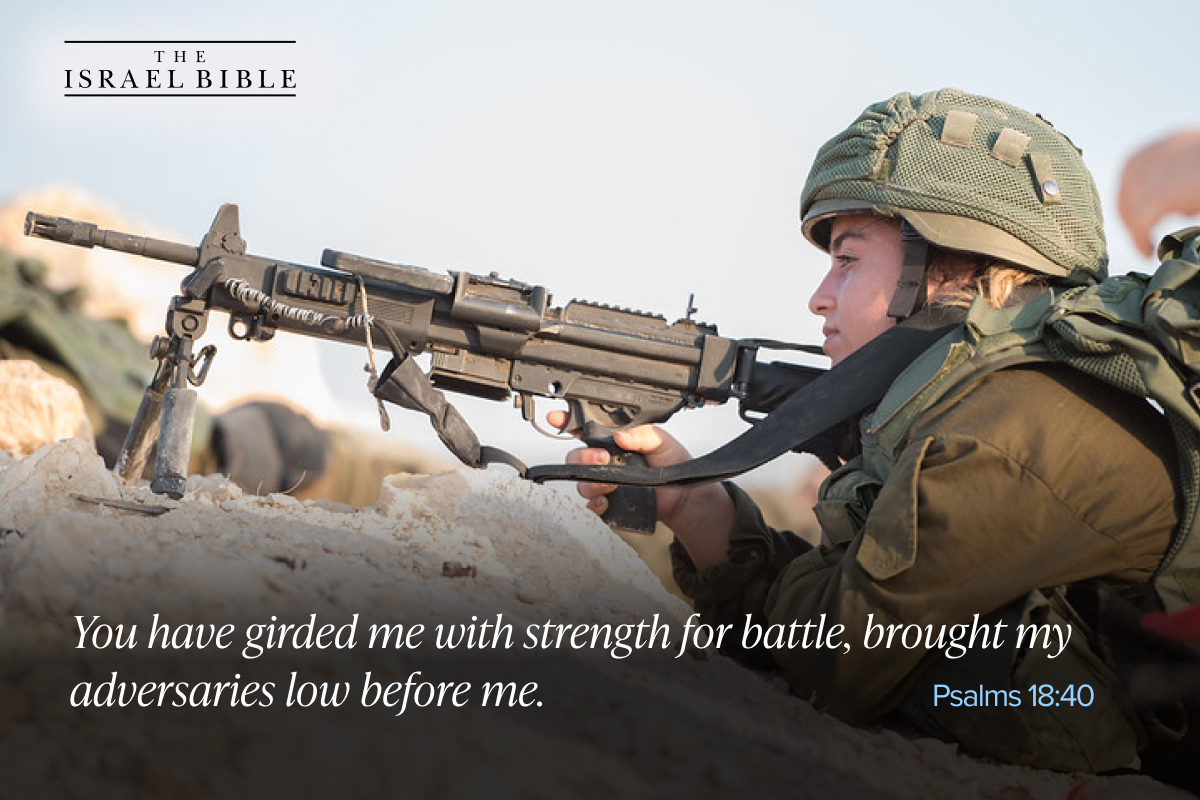
TORAH
NEVI'IM
KETUVIM
Chapter 1
Translation and Transliteration of
Listen to this chapter in Hebrew:
- Commentary
- Buy E-book
- Buy the Israel Bible
1These are the names of the sons of Yisrael who came to Egypt with Yaakov, each coming with his household:
v'-AY-leh sh'-MOT b'-NAY yis-ra-AYL ha-ba-EEM mitz-RA-y'-mah AYT ya-a-KOV EESH u'-vay-TO BA-u
אוְאֵלֶּה שְׁמוֹת בְּנֵי יִשְׂרָאֵל הַבָּאִים מִצְרָיְמָה אֵת יַעֲקֹב אִישׁ וּבֵיתוֹ בָּאוּ׃
![]() 1:1 These are the names
1:1 These are the names
Sefer Shemot starts with the letter vav (ו), which signifies the conjunction ‘and,’ thus connecting it to the end of Sefer Bereishit. In fact, the passages beginning with Shemot 1:1 and Bereishit 46:8 are practically identical, each containing a list of Yaakov’s descendants who accompanied him to Egypt. The end of Sefer Bereishit describes the children of Yaakov leaving their homeland and descending to Egypt. Sefer Shemot continues the story of the exile and the subsequent miraculous redemption, and is therefore a direct continuation of Sefer Bereishit. However, the story does not end with the conclusion of Sefer Shemot. While the slavery itself comes to an end with the exodus from Egypt, the ultimate redemption comes only with the reunification of the Children of Israel and their homeland, as described in Sefer Yehoshua.
2Reuven, Shimon, Levi, and Yehuda;
ברְאוּבֵן שִׁמְעוֹן לֵוִי וִיהוּדָה׃
3Yissachar, Zevulun, and Binyamin;
גיִשָּׂשכָר זְבוּלֻן וּבְנְיָמִן׃
4Dan and Naftali, Gad and Asher.
דדָּן וְנַפְתָּלִי גָּד וְאָשֵׁר׃
5The total number of persons that were of Yaakov's issue came to seventy, Yosef being already in Egypt.
הוַיְהִי כָּל־נֶפֶשׁ יֹצְאֵי יֶרֶךְ־יַעֲקֹב שִׁבְעִים נָפֶשׁ וְיוֹסֵף הָיָה בְמִצְרָיִם׃
6Yosef died, and all his brothers, and all that generation.
ווַיָּמָת יוֹסֵף וְכָל־אֶחָיו וְכֹל הַדּוֹר הַהוּא׃
7But the Israelites were fertile and prolific; they multiplied and increased very greatly, so that the land was filled with them.
זוּבְנֵי יִשְׂרָאֵל פָּרוּ וַיִּשְׁרְצוּ וַיִּרְבּוּ וַיַּעַצְמוּ בִּמְאֹד מְאֹד וַתִּמָּלֵא הָאָרֶץ אֹתָם׃
8A new king arose over Egypt who did not know Yosef.
חוַיָּקָם מֶלֶךְ־חָדָשׁ עַל־מִצְרָיִם אֲשֶׁר לֹא־יָדַע אֶת־יוֹסֵף׃
9And he said to his people, “Look, B'nei Yisrael are much too numerous for us.
טוַיֹּאמֶר אֶל־עַמּוֹ הִנֵּה עַם בְּנֵי יִשְׂרָאֵל רַב וְעָצוּם מִמֶּנּוּ׃
10Let us deal shrewdly with them, so that they may not increase; otherwise in the event of war they may join our enemies in fighting against us and rise from the ground.”
יהָבָה נִתְחַכְּמָה לוֹ פֶּן־יִרְבֶּה וְהָיָה כִּי־תִקְרֶאנָה מִלְחָמָה וְנוֹסַף גַּם־הוּא עַל־שֹׂנְאֵינוּ וְנִלְחַם־בָּנוּ וְעָלָה מִן־הָאָרֶץ׃
11So they set taskmasters over them to oppress them with forced labor; and they built garrison cities for Pharaoh: Pithom and Raamses.
יאוַיָּשִׂימוּ עָלָיו שָׂרֵי מִסִּים לְמַעַן עַנֹּתוֹ בְּסִבְלֹתָם וַיִּבֶן עָרֵי מִסְכְּנוֹת לְפַרְעֹה אֶת־פִּתֹם וְאֶת־רַעַמְסֵס׃
12But the more they were oppressed, the more they increased and spread out, so that the [Egyptians] came to dread the Israelites.
יבוְכַאֲשֶׁר יְעַנּוּ אֹתוֹ כֵּן יִרְבֶּה וְכֵן יִפְרֹץ וַיָּקֻצוּ מִפְּנֵי בְּנֵי יִשְׂרָאֵל׃
13The Egyptians ruthlessly imposed upon the Israelites
יגוַיַּעֲבִדוּ מִצְרַיִם אֶת־בְּנֵי יִשְׂרָאֵל בְּפָרֶךְ׃
14the various labors that they made them perform. Ruthlessly* they made life bitter for them with harsh labor at mortar and bricks and with all sorts of tasks in the field.
ידוַיְמָרְרוּ אֶת־חַיֵּיהֶם בַּעֲבֹדָה קָשָׁה בְּחֹמֶר וּבִלְבֵנִים וּבְכָל־עֲבֹדָה בַּשָּׂדֶה אֵת כָּל־עֲבֹדָתָם אֲשֶׁר־עָבְדוּ בָהֶם בְּפָרֶךְ׃
15The king of Egypt spoke to the Hebrew midwives, one of whom was named Shiphrah and the other Puah,
va-YO-mer ME-lekh mitz-RA-yim lam-ya-l'-DOT ha-iv-ri-YOT a-SHER SHAYM ha-a-KHAT shif-RAH v'-SHAYM ha-shay-NEET pu-AH
טווַיֹּאמֶר מֶלֶךְ מִצְרַיִם לַמְיַלְּדֹת הָעִבְרִיֹּת אֲשֶׁר שֵׁם הָאַחַת שִׁפְרָה וְשֵׁם הַשֵּׁנִית פּוּעָה׃
![]() 1:15 The Hebrew midwives
1:15 The Hebrew midwives

Nechama Leibowitz (1905-1997)
16saying, “When you deliver the Hebrew women, look at the birthstool: if it is a boy, kill him; if it is a girl, let her live.”
טזוַיֹּאמֶר בְּיַלֶּדְכֶן אֶת־הָעִבְרִיּוֹת וּרְאִיתֶן עַל־הָאָבְנָיִם אִם־בֵּן הוּא וַהֲמִתֶּן אֹתוֹ וְאִם־בַּת הִיא וָחָיָה׃
17The midwives, fearing Hashem, did not do as the king of Egypt had told them; they let the boys live.
יזוַתִּירֶאןָ הַמְיַלְּדֹת אֶת־הָאֱלֹהִים וְלֹא עָשׂוּ כַּאֲשֶׁר דִּבֶּר אֲלֵיהֶן מֶלֶךְ מִצְרָיִם וַתְּחַיֶּיןָ אֶת־הַיְלָדִים׃
18So the king of Egypt summoned the midwives and said to them, “Why have you done this thing, letting the boys live?”
יחוַיִּקְרָא מֶלֶךְ־מִצְרַיִם לַמְיַלְּדֹת וַיֹּאמֶר לָהֶן מַדּוּעַ עֲשִׂיתֶן הַדָּבָר הַזֶּה וַתְּחַיֶּיןָ אֶת־הַיְלָדִים׃
19The midwives said to Pharaoh, “Because the Hebrew women are not like the Egyptian women: they are vigorous. Before the midwife can come to them, they have given birth.”
יטוַתֹּאמַרְןָ הַמְיַלְּדֹת אֶל־פַּרְעֹה כִּי לֹא כַנָּשִׁים הַמִּצְרִיֹּת הָעִבְרִיֹּת כִּי־חָיוֹת הֵנָּה בְּטֶרֶם תָּבוֹא אֲלֵהֶן הַמְיַלֶּדֶת וְיָלָדוּ׃
20And Hashem dealt well with the midwives; and the people multiplied and increased greatly.
כוַיֵּיטֶב אֱלֹהִים לַמְיַלְּדֹת וַיִּרֶב הָעָם וַיַּעַצְמוּ מְאֹד׃
21And because the midwives feared Hashem, He established households for them.
כאוַיְהִי כִּי־יָרְאוּ הַמְיַלְּדֹת אֶת־הָאֱלֹהִים וַיַּעַשׂ לָהֶם בָּתִּים׃
22Then Pharaoh charged all his people, saying, “Every boy that is born you shall throw into the Nile, but let every girl live.”
כבוַיְצַו פַּרְעֹה לְכָל־עַמּוֹ לֵאמֹר כָּל־הַבֵּן הַיִּלּוֹד הַיְאֹרָה תַּשְׁלִיכֻהוּ וְכָל־הַבַּת תְּחַיּוּן׃


The Making of a Nation

The Portion of Shemot (Exodus 1:1-6:1)
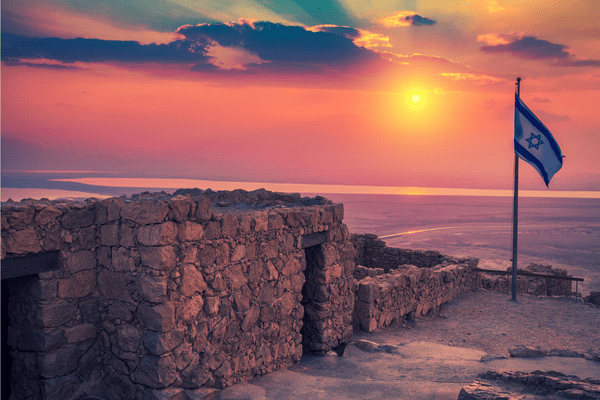
Martin Luther King Jr.' Stance on Antisemitism
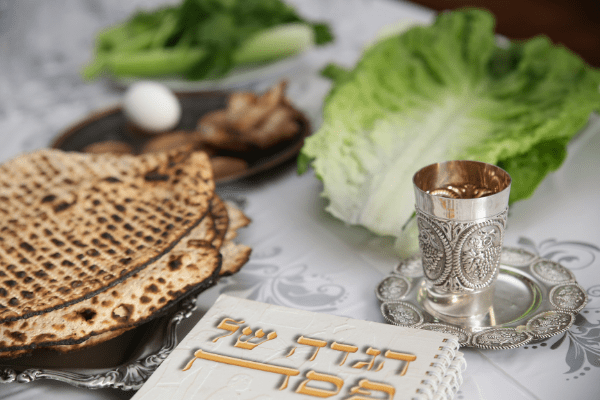
The Biblical Symbolism Of Passover Foods
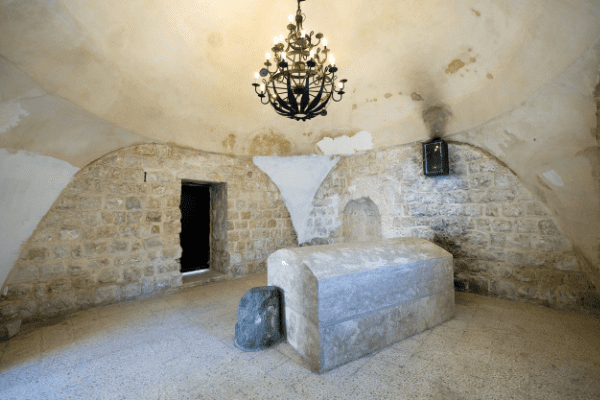
Why Wasn't Joseph Buried in the Land of Israel Immediately Upon His Death?
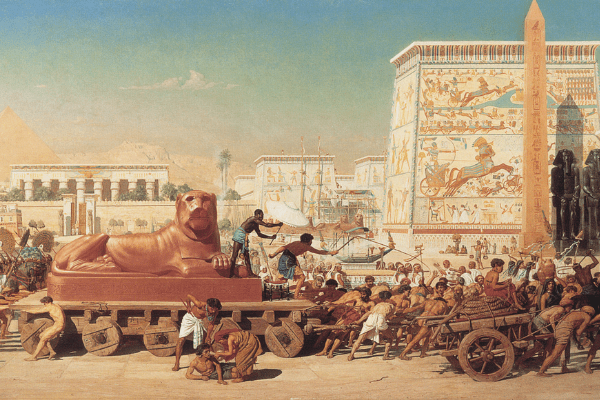
From Exodus to Today: The Enduring Struggle Against Antisemitism
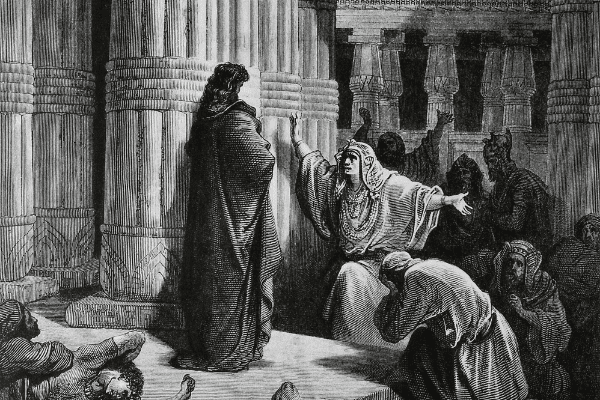
Who was the Pharaoh of the Exodus?

Were Shiphrah and Puah the First Righteous Gentiles?
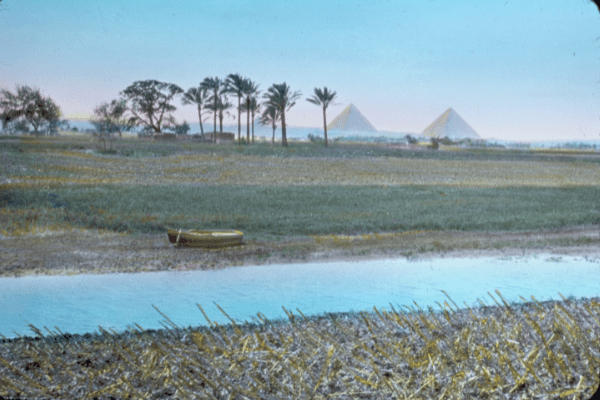
The Land of Goshen, Where Israel Became a Nation





